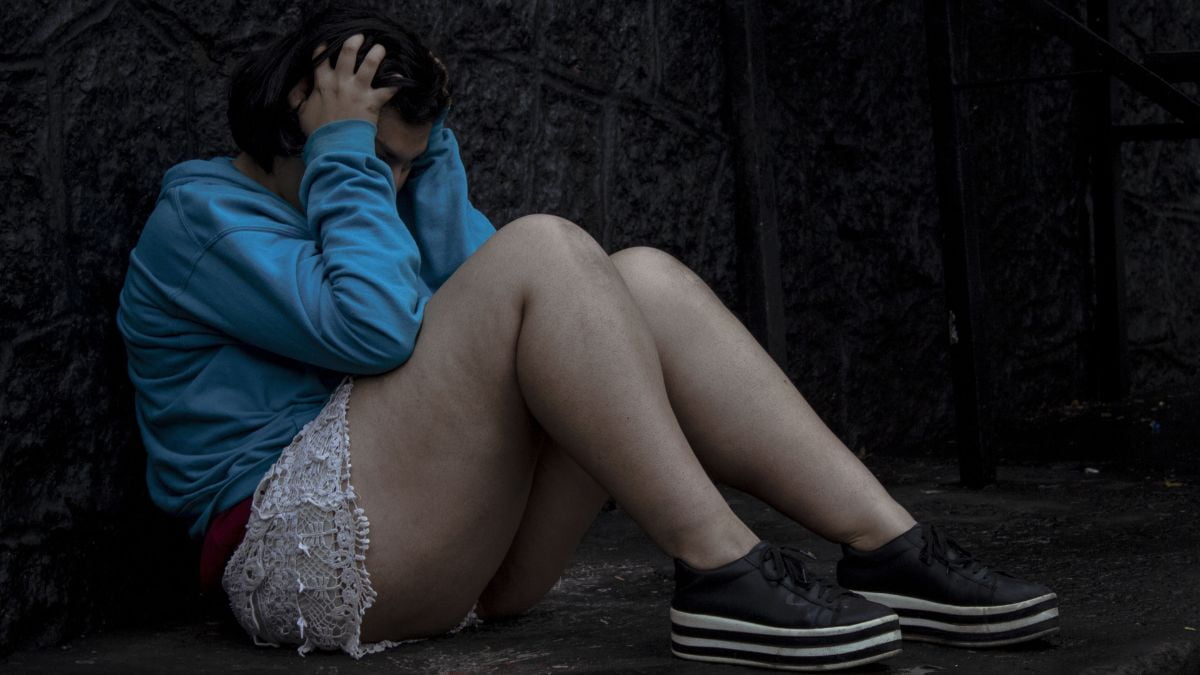Major depressive disorder (MDD) is a mental illness that causes people to feel persistent sadness or a loss of interest in things. Treatment for MDD has changed significantly over time, as new research has given us better ways to understand the cause and find treatments.
What is Depression?
Depression is a serious mood disorder that can make it hard to feel good, think clearly, and get through daily tasks. Symptoms of depression include feelings of sadness, hopelessness, irritability, fatigue, and a loss of interest in things you once enjoyed. Depression can also lead to physical problems such as headaches, trouble sleeping or eating, and aches and pains.

Depression is more than just sadness, despite the fact that it’s normal to feel sad or down from time to time, especially when life is stressful or you’ve lost someone dear. Depression lasts for a long time and can make it hard for you to work, study, eat, sleep, and enjoy things you used to enjoy. Suicide attempts are a typical indication of depression.
If you are suffering from depressive symptoms, it is critical that you get professional treatment. Depression is a treatable condition; however, left untreated, it can become severe and have lasting consequences.
Treatment for Major Depressive Disorder
Treatments for major depressive disorder (MDD) can generally be put into two groups: psychological treatments and medications.

In psychological treatments, you talk with a therapist to figure out and change negative ways of thinking and acting. Cognitive-behavioral therapy (CBT), interpersonal therapy (IPT), and psychodynamic therapy are all common ways to treat MDD psychologically.
Medication is the other main type of treatment for MDD. Antidepressants are the most commonly prescribed type of medication for MDD, and they work by correcting imbalances in brain chemicals that are thought to be involved in causing depression. Other types of medication that may be used to treat MDD include mood stabilizers, antipsychotics, and anti-anxiety medications.
Electroconvulsive therapy (ECT) is another way to treat MDD, but it is not used as often as psychotherapy or medication. ECT involves passing electrical currents through the brain to induce seizures; it is thought to work by resetting abnormal brain activity in people with MDD.
How Effective are Treatments for Major Depressive Disorder?
There are a number of different treatments for major depressive disorder (MDD), and the effectiveness of these treatments can vary depending on the individual. However, in general, treatment for MDD is much more effective now than it was in the past.
One of the most common and effective treatments for MDD is an antidepressant medication. Antidepressants can help alleviate the symptoms of depression, and they are generally safe and well-tolerated. There are a number of different types of antidepressants available, so if one type doesn’t work for you, there are others that may be more effective.
Another common treatment for MDD is psychotherapy. Psychotherapy may assist you in understanding and managing your depression, as well as providing support and direction. There are a variety of different types of psychotherapy available, so you can find one that best meets your needs.
In addition to medication and psychotherapy, there are other treatments that can be effective for treating MDD. These include electroconvulsive therapy (ECT), transcranial magnetic stimulation (TMS), and ketamine infusion therapy. These therapies can be helpful for people who have not responded well to other forms of treatment.
Overall, there are a number of effective treatments available for MDD. If you are struggling with depression, it is important to talk to your doctor or mental health professional about the best treatment option for you.
Is Treatment for Major Depressive Disorder Safe?
Depression is a very serious illness that affects millions of people each year. While there are many different treatment options available, it is important to make sure that any treatment you receive is safe.
There are a number of different medications that can be used to treat depression, and they all have their own risks and benefits. It is important to speak with your doctor about the potential risks and benefits of any medication before starting treatment.
In addition to medication, there are also a number of different types of therapy that can be effective in treating depression. Again, it is important to speak with your doctor about the potential risks and benefits of any therapy before starting treatment.
Overall, the best way to ensure that your treatment for depression is safe is to work closely with your doctor and mental health professional. They will be able to help you make decisions about what type of treatment is right for you based on your individual needs.
Conclusion
The treatment for the major depressive disorder has changed significantly over the years, and fortunately, it is now much more effective than it used to be. There is hope for you or someone you know who is depressed. With the right treatment, which may include medication, therapy, and/or lifestyle changes, most people with depression can feel better and lead happy productive lives.







